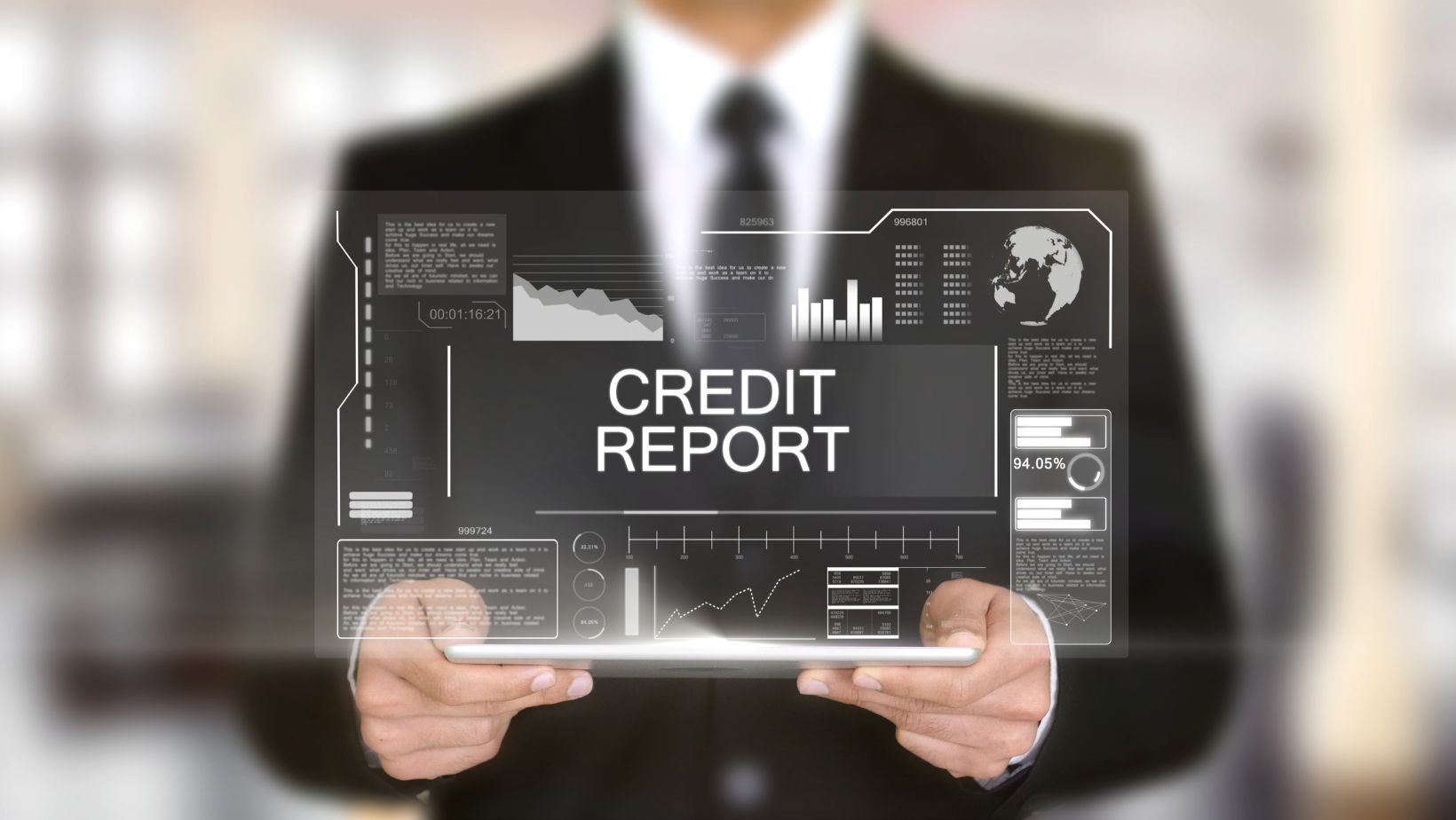In the financial landscape, a robust credit score is a gateway to a myriad of opportunities and conveniences. It’s the bedrock upon which lenders base their trust and offer terms that can save or cost you thousands over a lifetime.
Demystifying the credit repair process is essential for anyone looking to enhance their financial standing. This article highlights identifying inaccuracies in credit reports and deploying effective strategies to elevate credit scores.
Understanding Your Credit Report
The cornerstone of credit repair is a thorough understanding of your credit reports. These documents, compiled by credit bureaus Equifax, Experian, and TransUnion, detail your credit history and form the basis of your credit score.
- Identify Inaccuracies: Errors can range from personal information mismatches to misreported payment statuses and can unjustly lower your score. To maintain a correct and fair credit profile, scrutinizing each report for such inaccuracies is essential.
- Frequency of Review: Regular review of your credit reports is advisable. Federal law allows you to request a free copy of your credit report from each of the three major credit bureaus once every 12 months via AnnualCreditReport.com. Frequent reviews can help catch inaccuracies or fraudulent activities early, minimizing potential damage.
Disputing Errors
Upon discovering inaccuracies, it’s imperative to dispute them directly with the credit bureau. This step is crucial for correcting errors that can negatively impact your credit score.
- Documentation is Crucial: Keeping detailed records of your dispute, including copies of all communications and evidence, is vital for ensuring a favorable outcome. Detailed documentation supports your case and helps expedite the correction process.
- Follow-up Diligently: After submitting a dispute, follow up regularly to check on its status. Credit bureaus are required to investigate disputes within 30 days, but persistence may be needed to see the process through to completion.
Credit Utilization and Its Impact
A key factor in your credit score is credit utilization, or how much of your available credit you’re using. A lower ratio indicates better credit management and positively influences your score.
- Strategies for Reduction: Keeping your credit utilization ratio below 30% is recommended. This can be achieved by paying down balances, not overusing credit, and periodically asking creditors to increase your credit limits.
- Monitor Your Ratios: Regularly monitoring your credit utilization across all accounts helps you adjust your spending and payment strategies in real-time, ensuring your utilization stays within an optimal range.
Payment History and Its Significance
Your payment history is critical to your credit score, reflecting your reliability in paying debts on time. Even a single late payment can have a detrimental effect on your credit score.
- Setting Up Alerts and Automatic Payments: Utilizing tools such as automatic payments for minimum amounts due and setting up alerts for payment due dates can greatly aid in maintaining a spotless payment history.
- Consider Payment Arrangements for Hardships: Contact your creditors to discuss potential payment arrangements or adjustments if you’re facing financial difficulties. Many creditors offer hardship programs that can prevent missed payments from negatively impacting your credit score.
Credit Building Tools
Various tools and strategies can facilitate this process for those looking to build or rebuild their credit, contributing to an improved credit profile over time.
- Secured Credit Cards: These credit cards, backed by a cash deposit from the user, are a reliable way to build credit when used responsibly. The deposit typically sets the credit limit, and responsible usage can improve credit score.
- Diverse Credit Accounts: A mix of credit types, such as revolving credit (credit cards) and installment loans (auto, personal, or student loans), can positively affect your credit score. This diversity demonstrates your ability to manage different types of credit responsibly.
Conclusion
The journey to improved credit is a strategic endeavor that demands attention to detail, a proactive stance on dispute resolution, and disciplined financial behavior.
By familiarizing yourself with the nuances of credit reports, effectively disputing inaccuracies, managing credit utilization, maintaining a pristine payment history, and utilizing credit-building tools wisely, you can enhance your credit score and financial health. With dedication and the right strategies, navigating the path to credit excellence becomes a clear and attainable objective.

While the steps to enhancing your credit score can be undertaken individually, some may find the support of a credit repair company invaluable. These companies can offer personalized strategies and interventions, potentially speeding up the credit repair process. However, it’s essential to research and choose a reputable service to ensure you receive valuable assistance in your credit improvement journey.

















